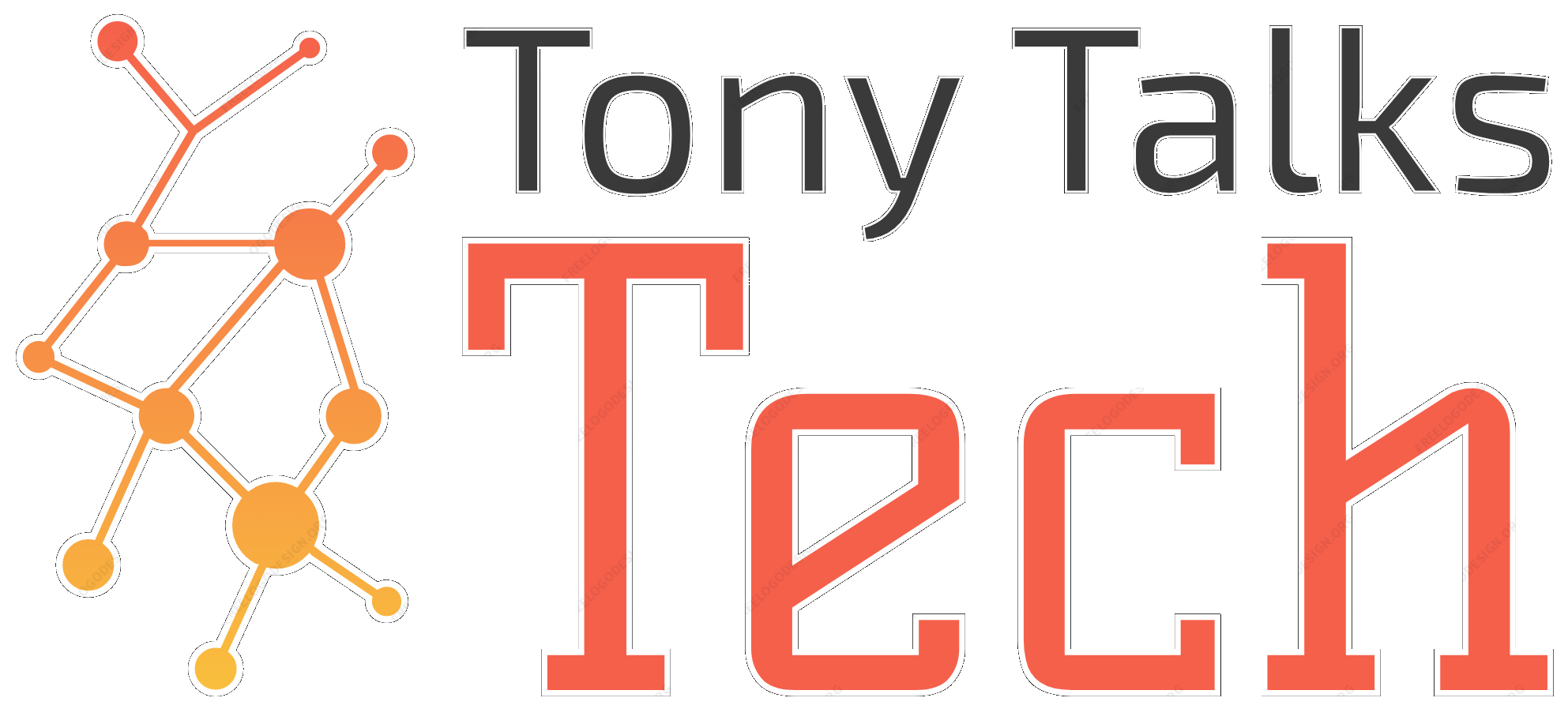What Makes a Senior Developer
In my current job, I’m frequently asked to interview new candidates to join our development organization. One of the first questions that always gets asked, either by me or one of my colleagues, is “What level is this person interviewing for?” There really are only two answers for this question where I work: Developer or Senior Developer.
Let me drop a disclaimer here real quick: the development organization in which I work is really really bad at defining explicit expectations on a per-level basis. Because of this, my colleagues and I are forced to develop implicit expectations for the two levels. This post is an attempt to formalize the way I see the difference between the roles.
Writing Code
I fully expect both the Developer and Senior Developer level to be able to solve technical problems by writing code. Additionally, I expect each of the two roles to be able to take a defined story, implement it, validate it locally (Or in a development environment), and deliver it to the QA team.
The gap that I typically see between the two roles is that the Senior Developer should be able to take a poorly-defined story, vet the requirements with the product owner/project manager/stakeholder, and still deliver a high-quality implementation. The Senior Developer can be tasked with dealing with the inevitable back-and-forth that comes with a poorly-defined story and still come out ahead.
Technical Delivery
I frequently say that “Code is useless until it’s live.” This is true in all industries and at all organizations.
Because of this, the delivery of a developer’s code is, oftentimes, more important than the actual development itself. A good Developer will write solid, tested code and deliver it to the QA team with minimal issues for the defined stories. A good Senior Developer will do all of that, and she will also ensure quality delivery to the production environment, as well.
This attention to detail to the production environment is essential in an organization with 30+ developers, all trying to get his code live in some way. As I’m typically tasked with ensuring our production deployments succeed, I can immediately tell the difference between an implementation prepared by a Developer vs. a Senior Developer based on the amount of questions I have about it.
Communication
The most important difference between a Developer and a Senior Developer centers around a completely non-technical skill: communication.
Being able to communicate the technical reasons and drawbacks of an implementation is one of the most important skills a “junior” developer can possess. However, as one progresses through her career, it becomes essential that she becomes adept at discussing the changes in a non-technical way. This may include a conversation about functional requirements with the product owner/business analyst, timeline impact with the project manager, user experience changes with the UX/UI designers, or any other of a myriad of possibilities.
The easiest way I can denote between a Developer and a Senior Developer is the ease at which a non-technical colleague (e.g., product owner, project manager, etc.) can get an update on the developer’s implementation and how it’s progressing. If the developer can only speak in technical lingo and is having trouble changing his dialect to match the audience, then he is, typically, merely a Developer.
Wrapping It Up
The items listed above are just three in a number of differences between a Developer and a Senior Developer. These items are the ones that I personally key on with respect to both internal feedback processes and interviews.
What do you think makes a Senior Developer?
